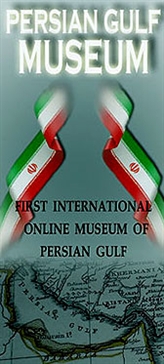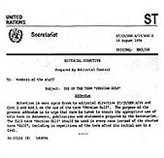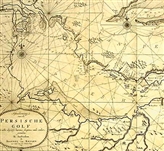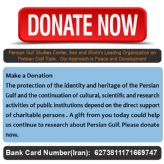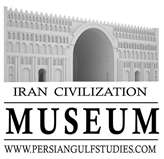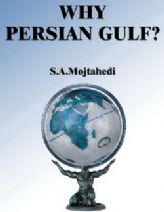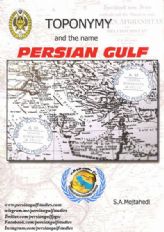Victims of Saudi Arabia’s Increasing Repression
Date: 10/13/2018 12:36:28 PM
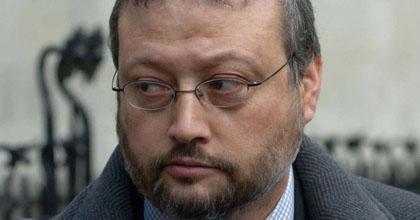
Victims of Saudi Arabia’s Increasing Repression
In November 2018, Saudi Arabia will undergo its third review under the United Nations’ (UN) Universal Periodic Review (UPR) framework. Prior to the review, all the UN states will assess Saudi Arabia’s human rights record and submit recommendations on how to improve its record. A great deal has happened since Saudi Arabia’s last review in October 2013. Its upcoming review comes after Crown Prince Mohammed bin Salman (MbS) embarked on an elaborate plan called Vision 2030 to modernize the kingdom, while simultaneously ramping up repression to an unprecedented level. Even as he opens movie theaters and grants women the privilege of driving, he has consolidated power, established and empowered a new domestic intelligence agency, and overseen the arrests of hundreds of rivals, dissidents, critics, journalists, human rights defenders, clerics, and academics. Overall, it can be said with certainty that the human rights situation has deteriorated markedly over the past four years, since the kingdom’s last UPR.
Several months after the kingdom’s 2nd UPR cycle, the Saudi government publicized the Law on Terrorism and Its Financing, which came into force in early 2014. The counter-terrorism law was widely decried as overly broad and restrictive and has been used to arrest critics and dissidents. The law was superseded by a new counter-terror law promulgated in 2017, which continues to use vague language to describe terrorism. This has gone against recommendations made by the former United Nations Special Rapporteur on countering terrorism and promoting human rights Ben Emmerson when he visited Saudi Arabia in 2017. This law has been used to defend the arrests of members of the non-governmental organization Saudi Civil and Political Rights Association (ACPRA), including Abdulaziz al-Shubaily, Issa al-Hamid, Mohammed al-Qahtani, and Abdullah al-Hamid, as well as journalists, clerics like Salman al-Awda who may face execution, and academics like Essam al-Zamel.
Essam al-Zamel is a well-known economist and businessman, with a popular social media presence. He was arrested in September 2017 as part of a wave of mass arrests due to his criticism of MbS’s Vision 2030 plans for the state-owned Aramco oil company. Al-Zamel was indicted with charges like alleged membership to the Muslim Brotherhood, communicating with Qatar, and giving sensitive information to foreign diplomats without permission, all charges of terrorism. Friends and family have been concerned about his detainment, saying “they broke him.” Al-Zamel’s arrest is parallel to other detentions that have been increasing over the past few years.
Indeed, in recent years, Saudi Arabia has embarked on a concerted campaign of repression, targeting dissidents and opponents of the government. An important part of this has been the promulgation in November 2017 of a revised Law on Terrorism and Its Financing, and the establishment of the Presidency of State Security (PSS) and subsequent stripping the Ministry of Interior of its domestic security function. The PSS is responsible for surveilling and arresting dozens of human rights defenders, activists, clerics, academics, and dissidents. Later in 2017, MbS led a massive corruption purge within the government, using the powers of a newly created anti-corruption committee to arrest his rivals and consolidate his power. In addition to this, activists such as the founders of the human rights group, Union for Human Rights, Mohammed al-Otaibi and Abdullah al-Attawi were arrested and tried for “dividing national unity” among other accusations. Moreover, in the months before and after the decree allowing women to drive came into effect, Saudi officials arrested dozens of women’s rights activists like Hatoon al-Fassi leading the United Nations Special Procedures to issue two public statements calling for their release, on 27 June 2018 and on 12 October 2018. In August 2018 it was announced that the kingdom’s Public Prosecution had recommended sentencing detained activist Israa al-Ghomgham to death. If the sentence is accepted by the court, she would be the first woman to be executed for political crimes. In this atmosphere, it has become increasingly clear that the Saudi government allows no room for dissent, leaving the human rights situation in dire need of an intervention through the UPR.
Most recently on 2 October 2018 and just ahead of the Saudi pre-session panel in Geneva, Saudi officials at the kingdom’s consulate in Istanbul arbitrarily detained and forcibly disappeared prominent dissident journalist Jamal Khashoggi. While Turkish officials claim that he has been killed and his body dismembered, it is unclear whether he has instead been forcibly and secretly extradited to Saudi Arabia.
This incident is extreme for even Saudi Arabia, considering it was done on foreign soil and Khashoggi has been living and working in the United States since June 2017. Moreover, Khashoggi was a former adviser to Saudi Prince Turki bin Faisal, the former director of Saudi Arabia’s intelligence agency. Before fleeing the kingdom, Khashoggi was known for his column for al-Hayat, which was banned in 2017 after he started taking a more critical turn against MbS. Khashoggi fled Saudi Arabia in June 2017 after fear of arrest and had been living in the US ever since. He is a regular contributor to The Washington Post and remained critical of the kingdom. In his last post from September 2018 he said, “We Saudis deserve better.” Since his disappearance on 2 October, the international community has been speaking out against Saudi Arabia’s potential actions against him. The UN has condemned the disappearance, as well as Turkish President Erdogan, 22 US senators, and US Vice President Mike Pence in addition to others have called upon Saudi Arabia to prove that Khashoggi is still alive.
The developments surrounding Khashoggi’s disappearance signal a major concern that if an incident like this can happen to Khashoggi – a US resident and prominent journalist who resides outside of Saudi Arabia – Saudi residents face even more risk in criticizing the government. Since the 2013 UPR, Saudi Arabia has shown that it forbids its citizens to critically think and suppresses any sign of dissent. The environment in Saudi Arabia has become increasingly restrictive to critics of the government. The international community must use the upcoming UPR as a way to demonstrate that these restrictions are not acceptable or in line with international human rights standards. They must also be clear that cosmetic reforms can no longer cover the fact that Saudi Arabia is committing rampant and systematic human rights abuses, including shuttering freedom of speech.
